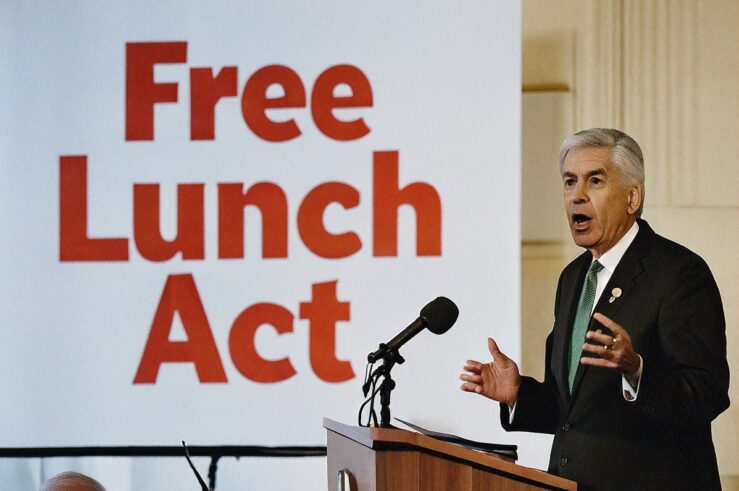After receiving the page proofs last week, I’m posting “Behavioral Law and Economics, Paternalism, and Consumer Contracts: An Empirical Perspective” to SSRN. I wrote this paper for last year’s NYU Journal of Law & Liberty Symposium on Behavioral Economics’ Challenge to the Classical Liberal Program. The basic idea of the paper is an evaluation of the empirical evidence concerning behavioral and neoclassical theoretical predictions in a few settings where behavioral anomalies are frequently argued to justify paternalistic measures: credit cards, standard form contracts, and shelf space contracts. Here’s the abstract:
Modern legal scholars frequently and increasingly base their analyses on the assumption, grounded largely in the extensive experimental literature, that individuals are subject to a number of systematic behavioral biases. Within the legal literature, behavioral economic analysis has been relied upon to generate a significant number of proposals for paternalistic regulation. These proposals are frequently accompanied by claims that neoclassical economics is insufficiently flexible to deal with these empirical observations, and that behavioral law and economics is as a superior guide for policy analysis. These claims must ultimately be resolved empirically and turn on whether incorporating insights from behavioral economics improves our ability to explain the law, understand the behavior of economic agents, or predict the consequences of legal change. This paper focuses on the shared interest of both neoclassical and behavioral economists in empiricism and explanatory power. It asks whether behavioral economic analysis of law has increased our knowledge in an area of “consumer contracts.� Specifically, the paper surveys the available empirical evidence to assess claims from the behavioral law and economics literature involving exploitation of consumer biases with credit cards, standard form contracts, and shelf space contracts. I find that the empirical studies of firm and consumer behavior in these examples do not support the claims that behavioral law and economics generates greater predictive power than conventional price theory.




